
- Article
- Article
Confronting male stereotypes in the classroom
Sometimes men just don’t like football. Writer and teacher Okechukwu Nzelu decides to be himself in front of his students.
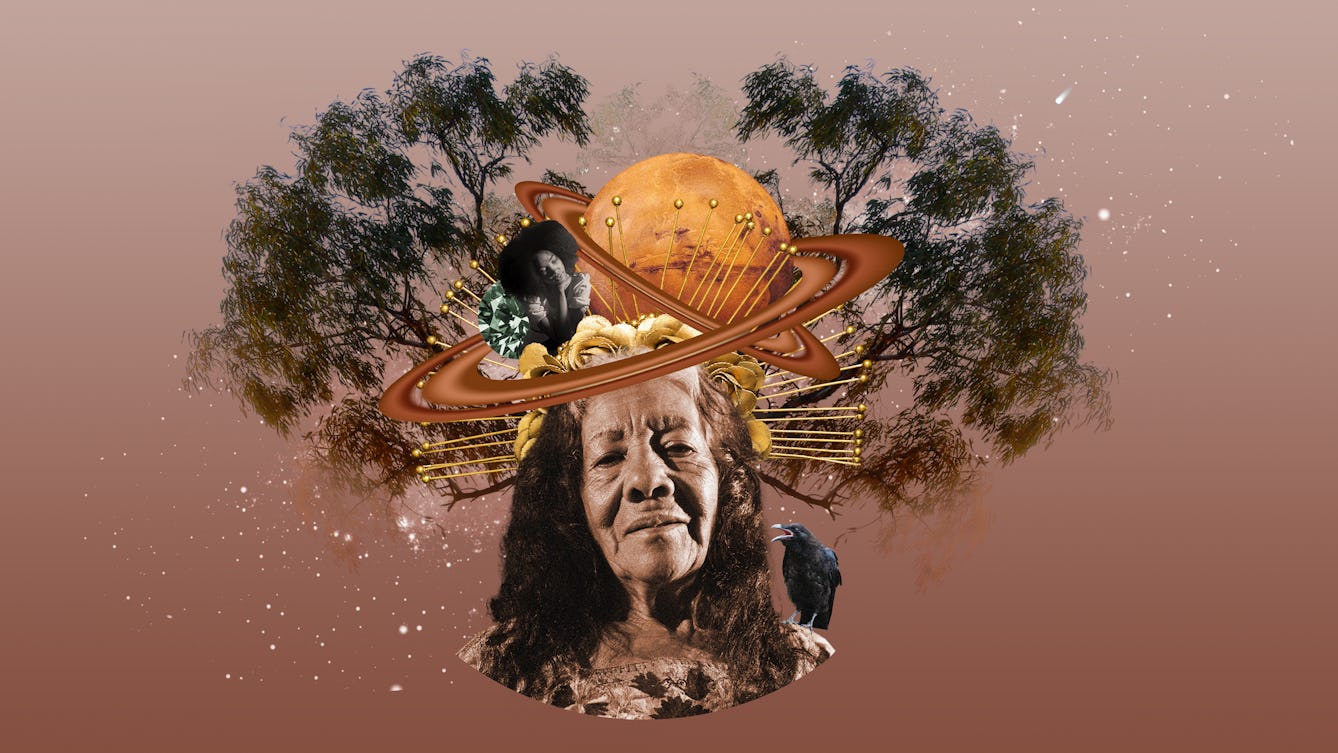
- Article
- Article
Crones
Menopause can be tough when nobody talks about it and all the stereotypes are negative, but it can also be transformative, marking the start of a new stage of life - cronehood.
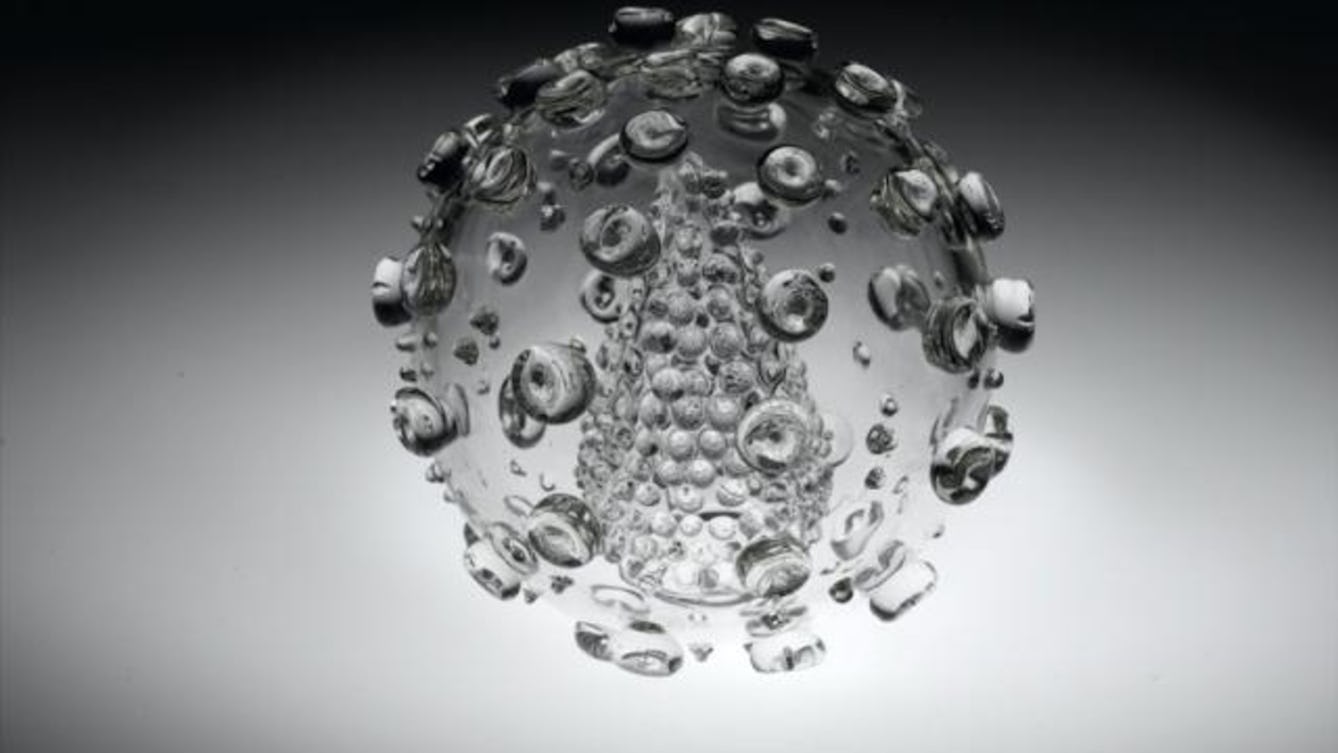
- Article
- Article
The relationship between science and art
Often seen as opposites, science and art both depend on observation and synthesis.
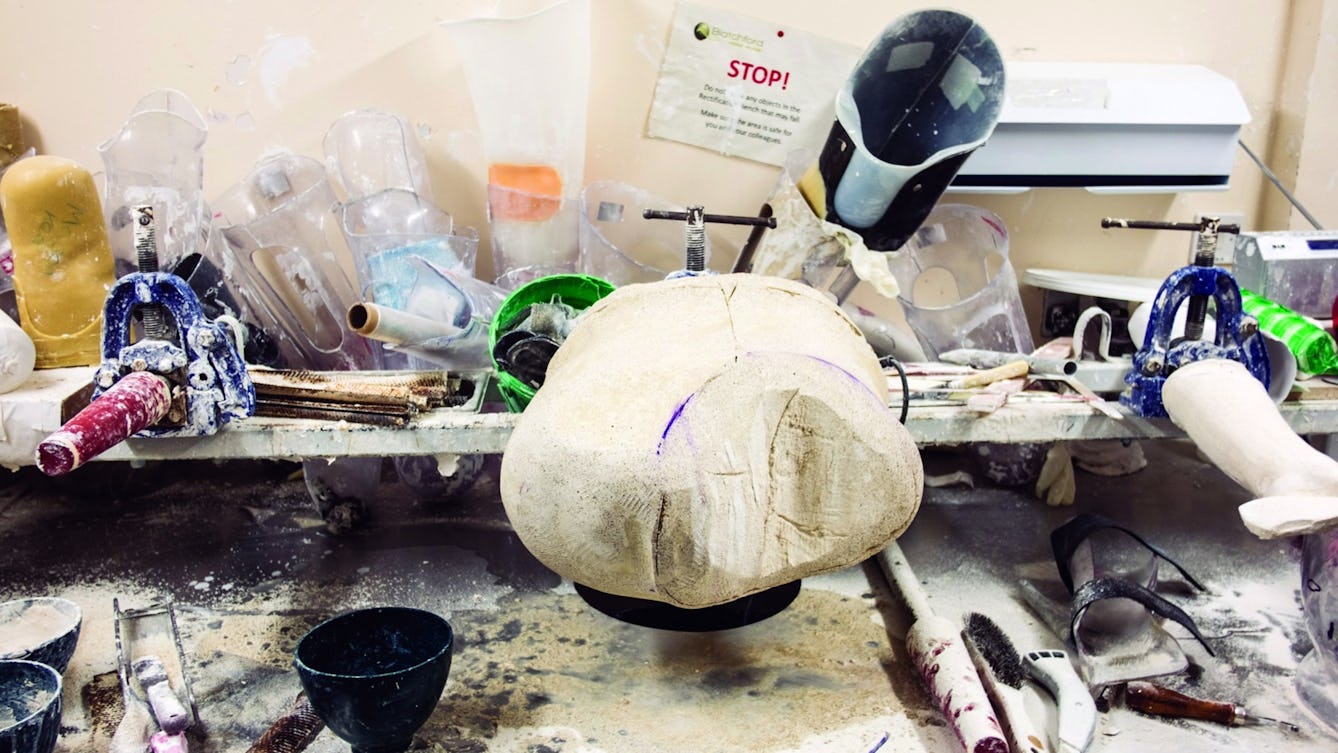
- Book extract
- Book extract
Sockets and stumps
Historian Emily Mayhew has met soldiers who have survived the seemingly unsurvivable. Here, she explores the part prosthetics play in the process of military rehabilitation.
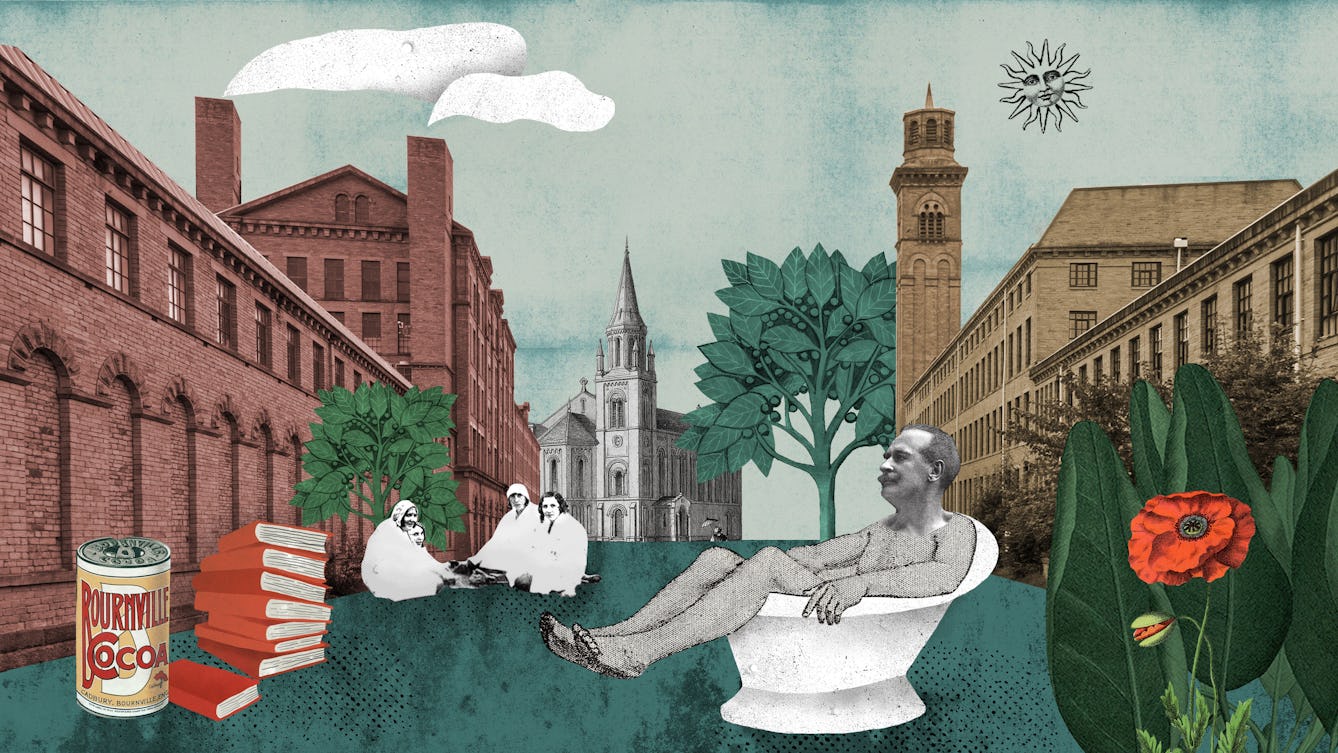
- Article
- Article
Homes for the hives of industry
By building workers’ villages, industry titans demonstrated both philanthropy and control. Employees’ health improved, while rulebooks told them how to live ideal lives.

- Article
- Article
Walk, interrupted
By listing all the things that get in her way, Caroline Butterwick wants to create an embodied experience of disability and convince you that inclusion is everyone’s responsibility.

- Long read
- Long read
Rehab centres and the ‘cure’ for addiction
Guy Stagg takes us on a brief history of rehab centres and their approaches to addiction and recovery.

- Article
- Article
The freedom to provoke
Jamie Hale talks to performer and director Emma Selwyn about the joy of creating work that celebrates, rather than suppresses, autistic behaviours.
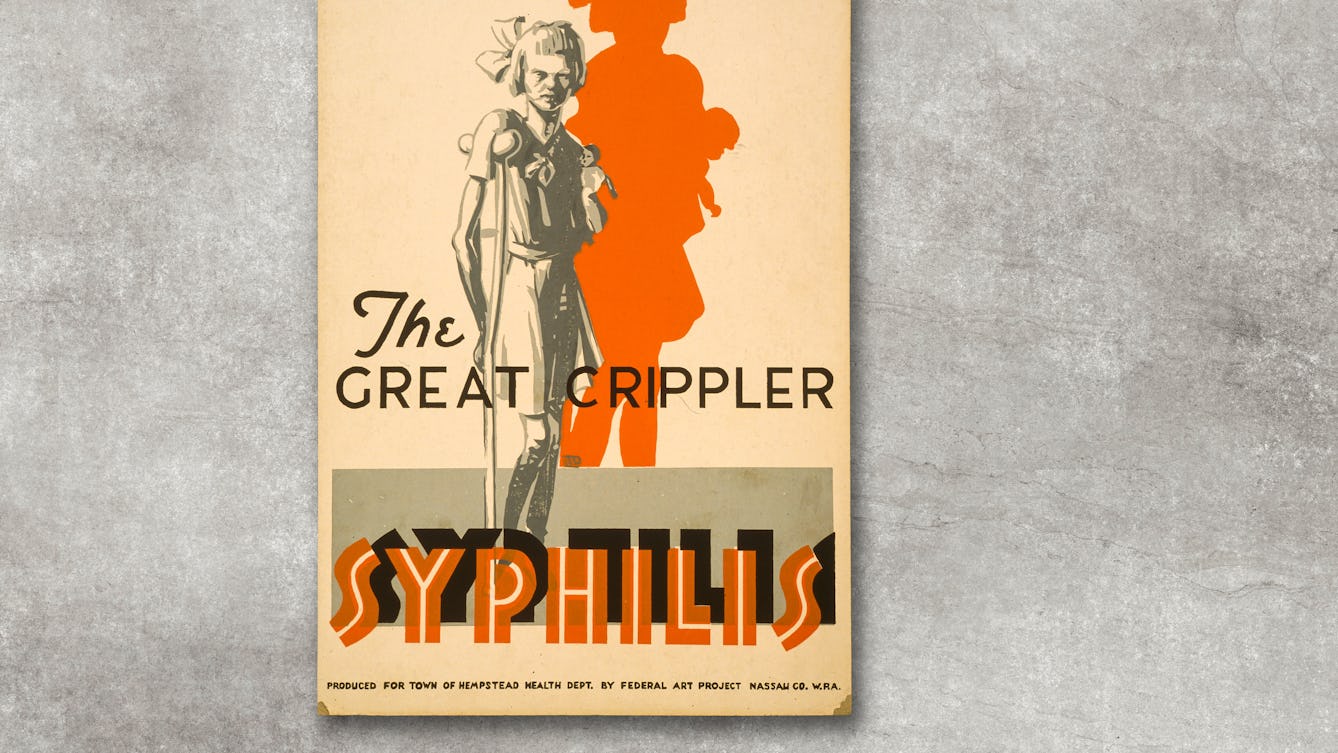
- Article
- Article
Public health campaigns and the ‘threat’ of disability
By continuing to represent disability as the feared outcome of disease, public health campaigns help to perpetuate prejudice against disabled people.
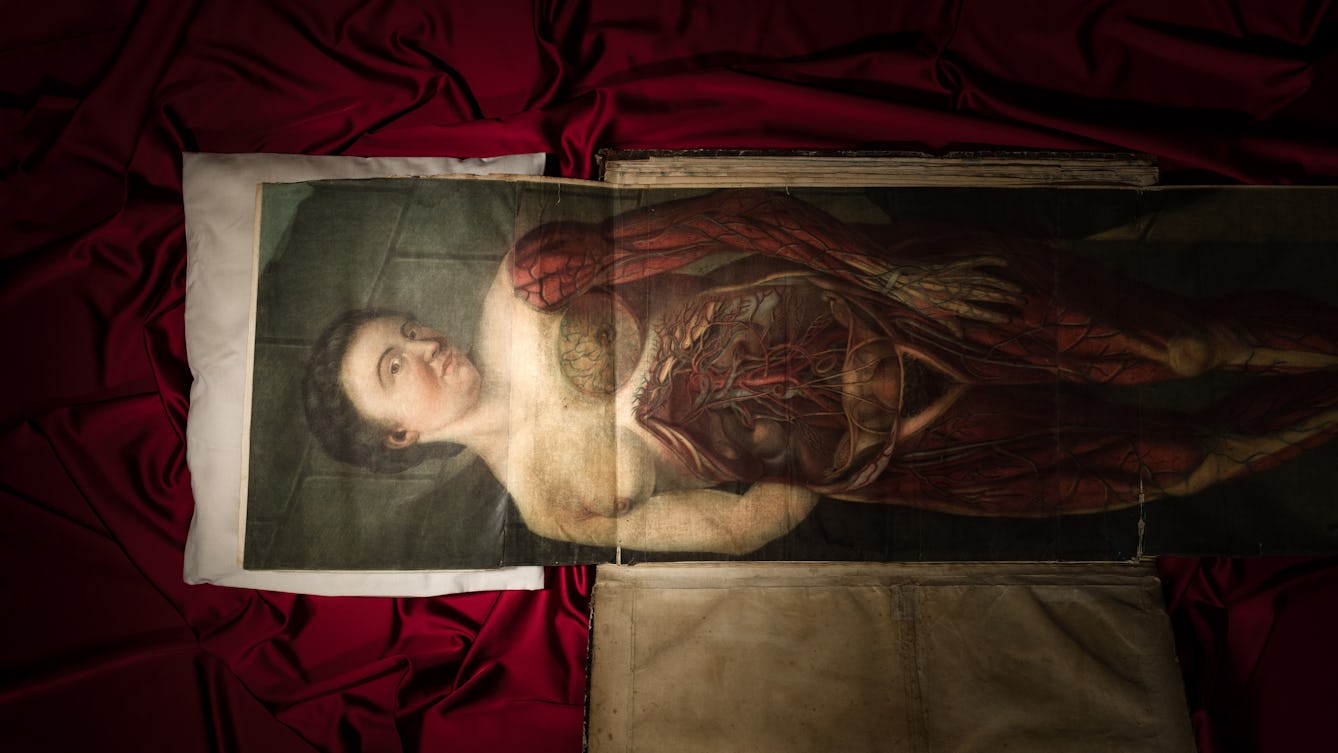
- Article
- Article
Printing the body
The 18th century saw multiple technical developments in both printing and medicine. Colourful collaborations ensued – to the benefit of growing ranks of medical students.
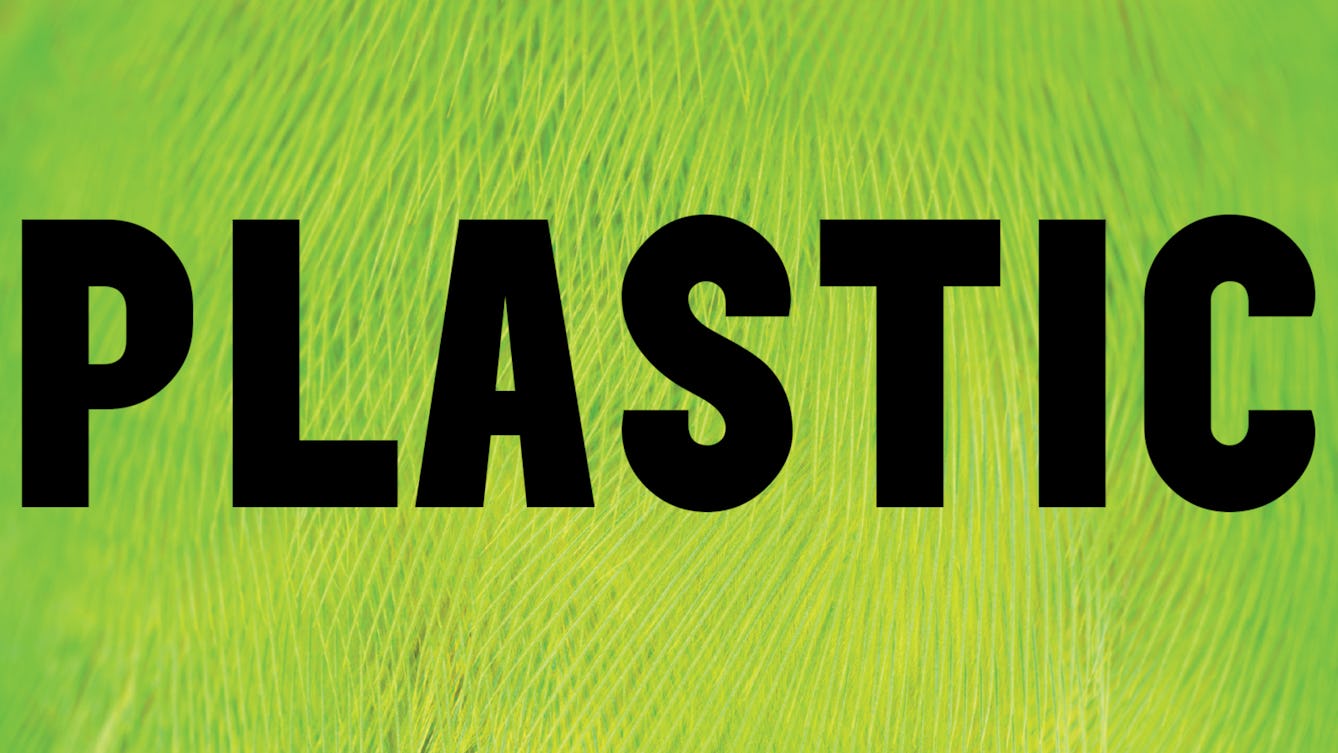
- Article
- Article
Sharing Nature: Plastic fantastic
There are serious concerns about plastics in the environment. Yet they make our lives much easier, even in the natural world.
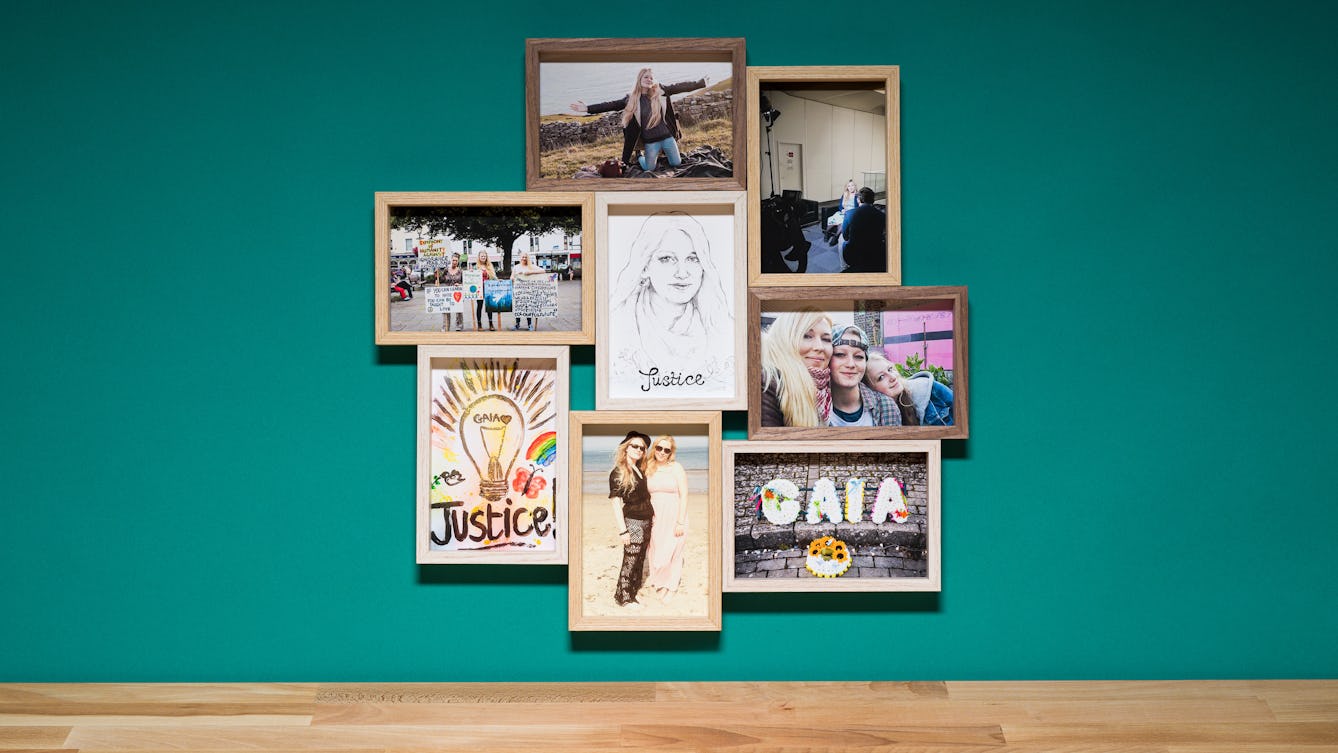
- Article
- Article
A story of death, trauma and austerity
Marienna Pope-Weidemann, whose teenage cousin Gaia died after going missing, advocates a rethink of our systems, which currently fail many in mental distress.
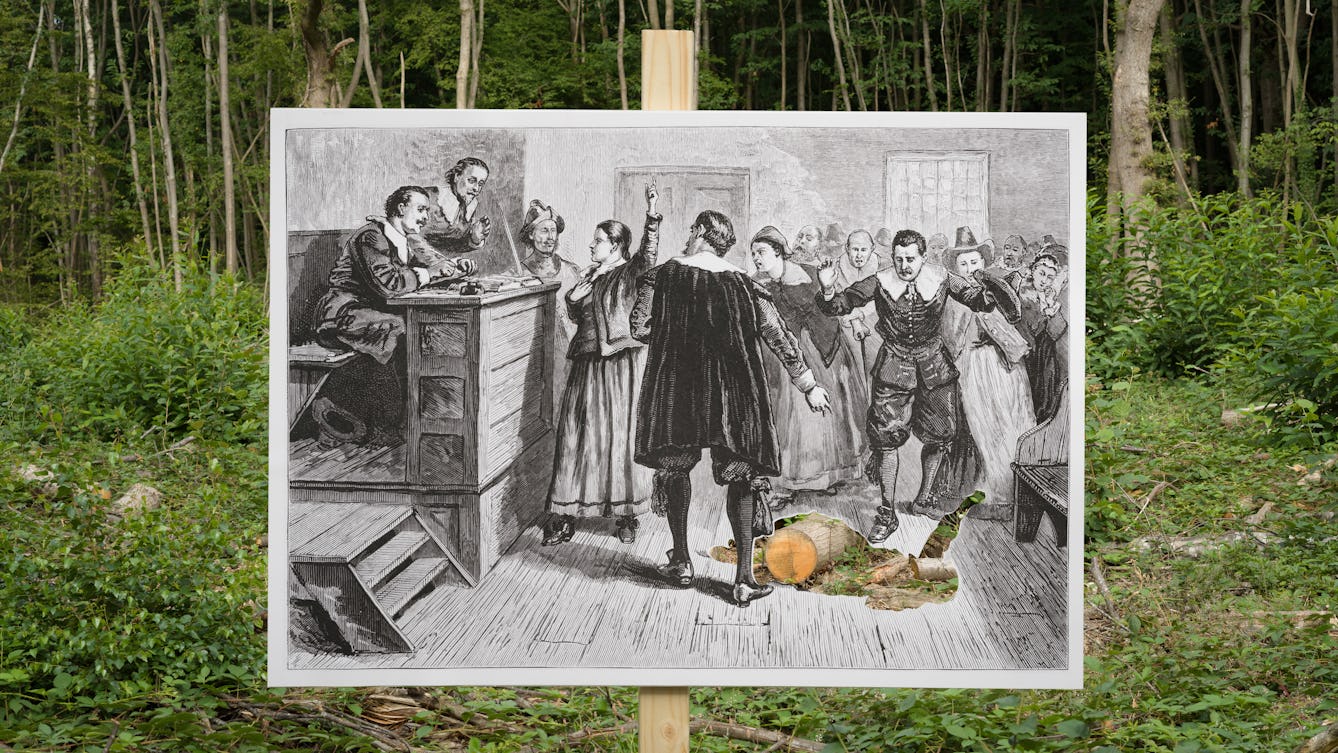
- Article
- Article
How nature is defending itself in court
The idea that nature has legal rights is increasingly being taken seriously, but who gets to speak for it? Isabella Kaminski asks how the non-human can be represented within a human-made system.

- Article
- Article
The life and death of Tamagotchi and the virtual pet
Discover how the 1990s craze for Tamagotchis became a flood of robotic and virtual pets, sending their owners on an emotional rollercoaster ride.

- Article
- Article
Words of hope and anger
Author and spoken word poet Penny Pepper remembers her childhood dreams, and speaks out against the barriers society uses to prevent disabled people from fulfilling their potential.

- Article
- Article
Building a dream in the garden suburbs
In the late 19th century a ‘garden suburb’ promised a retreat from London’s dirt and crowds. See how this new concept was developed to appeal to the health concerns of the literary classes.

- Photo story
- Photo story
Portraits, from a distance
Join photographer Michelle Sank on her daily walk around Exeter. Strength, frustration, resilience and eccentricity all show in these candid images portraying life under the constraints of coronavirus lockdown.
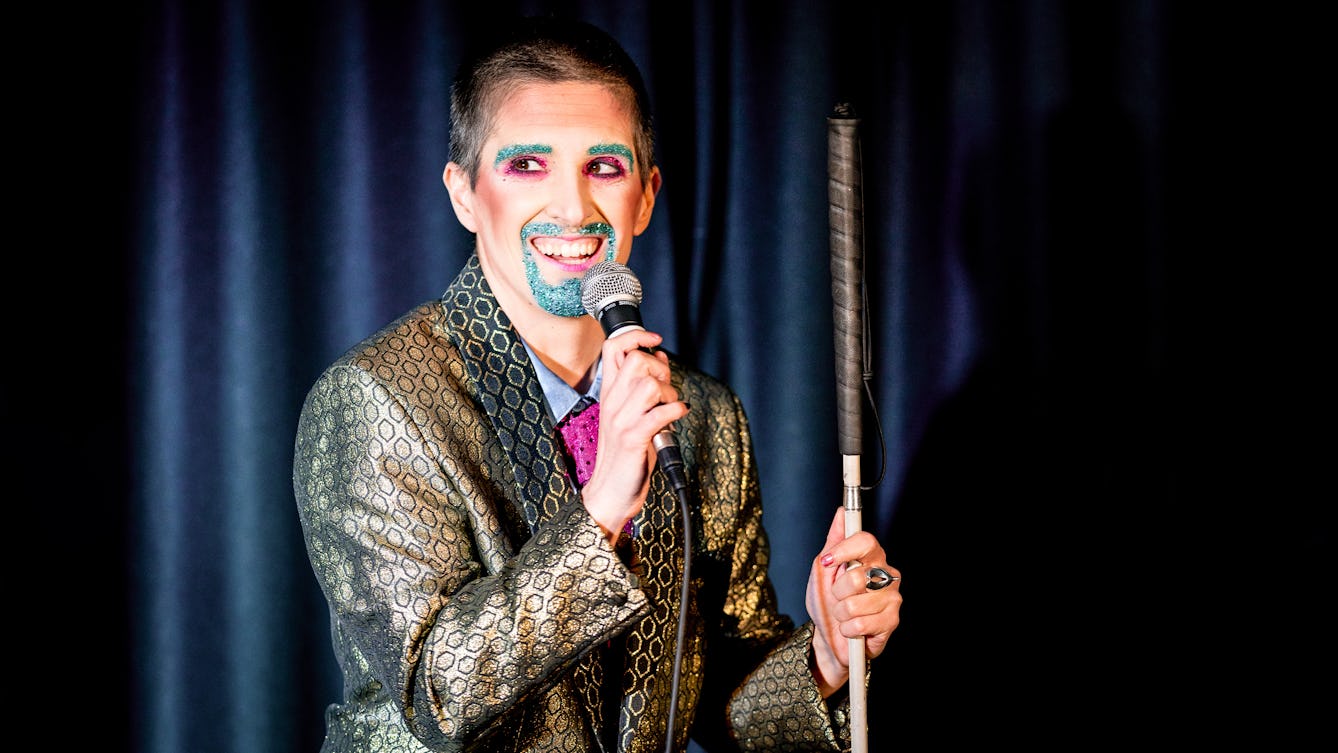
- Article
- Article
The politics and power of audio-description
Traditional theatre audio-description often lets down artists and audiences. But, done well, it has the potential to be a force for creativity as well as accessibility.
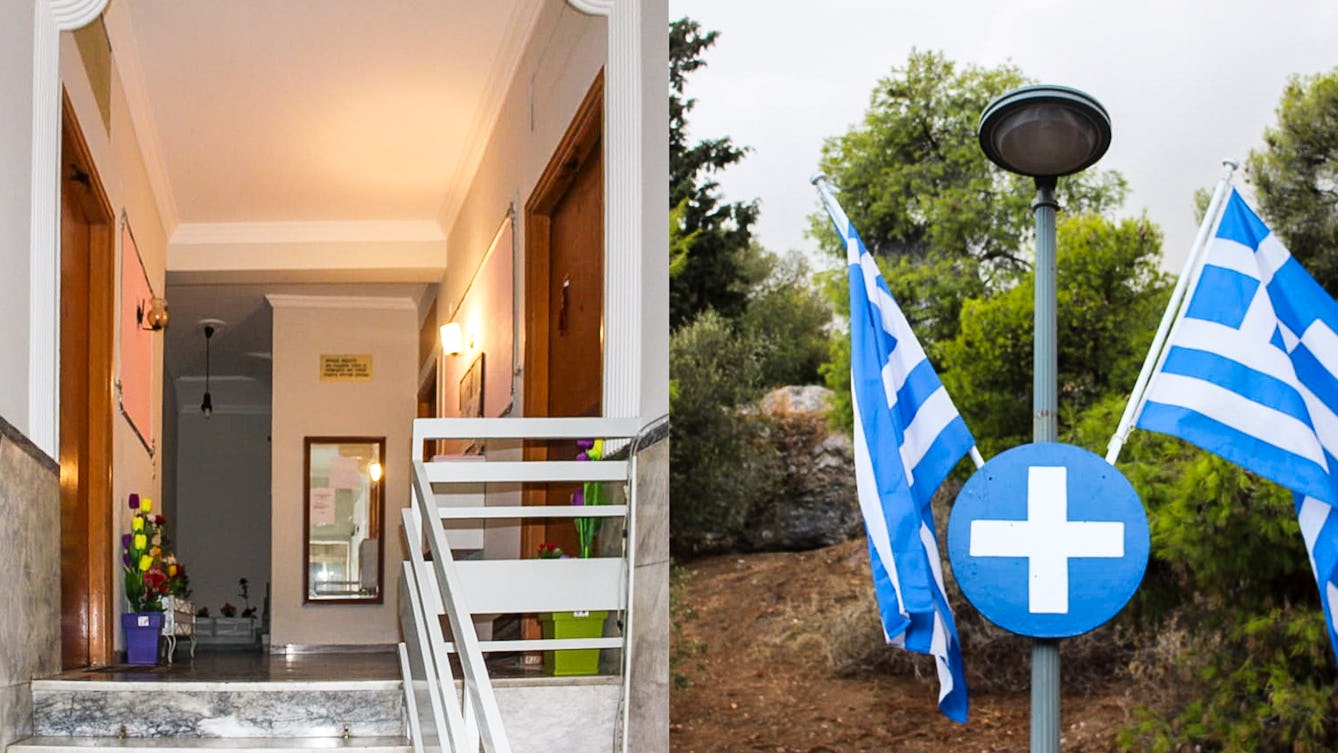
- Article
- Article
The housing that gives hope to refugees
A safe place of one’s own can be a source of healing and hope. George Kafka reports on two Athens-based projects helping displaced people by putting housing first.

- Article
- Article
How to talk to kids about race
When her daughter decided blonde was best, a red flag went up for Pragya Agarwal. In this essay, the behavioural scientist discusses childhood development, race and representation.
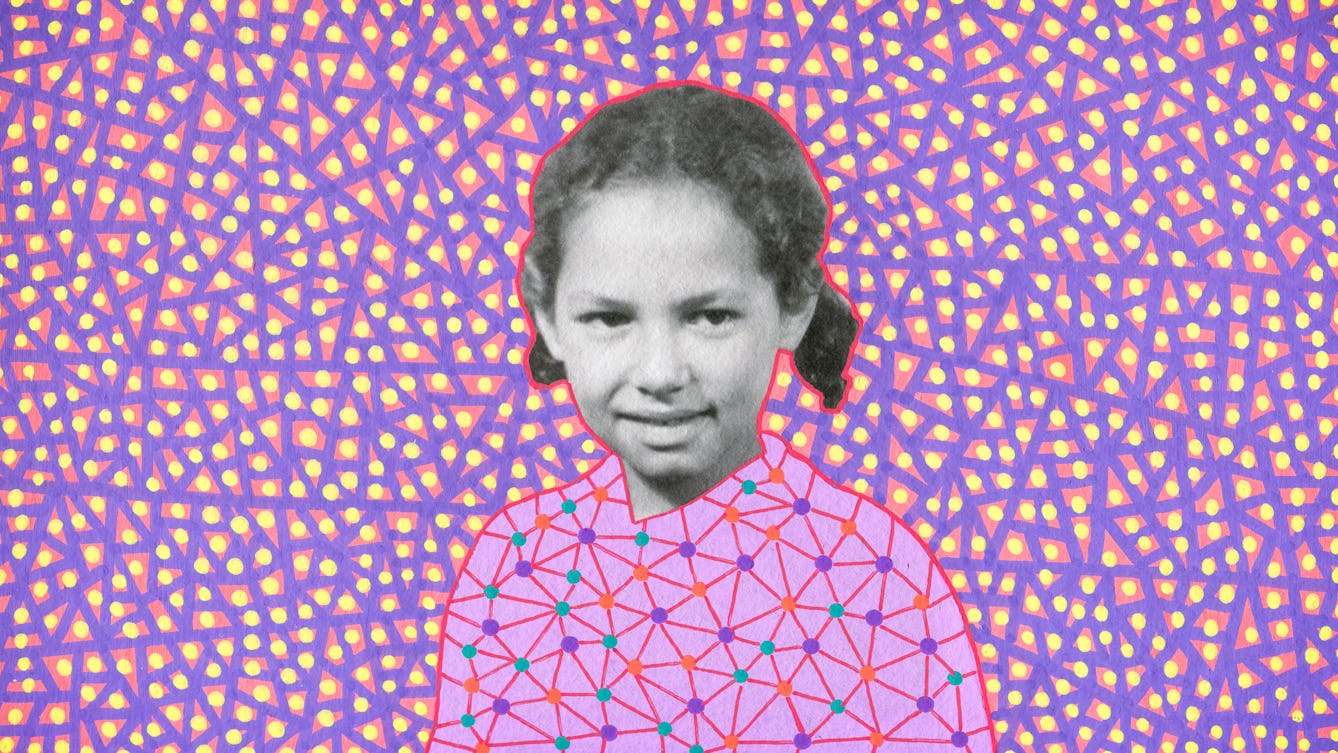
- Article
- Article
When you don’t belong, you drink
In the third part of her exploration of belonging, Tanya Perdikou unpicks the addictions that have shaped her past and uncovers the connections that make recovery possible.
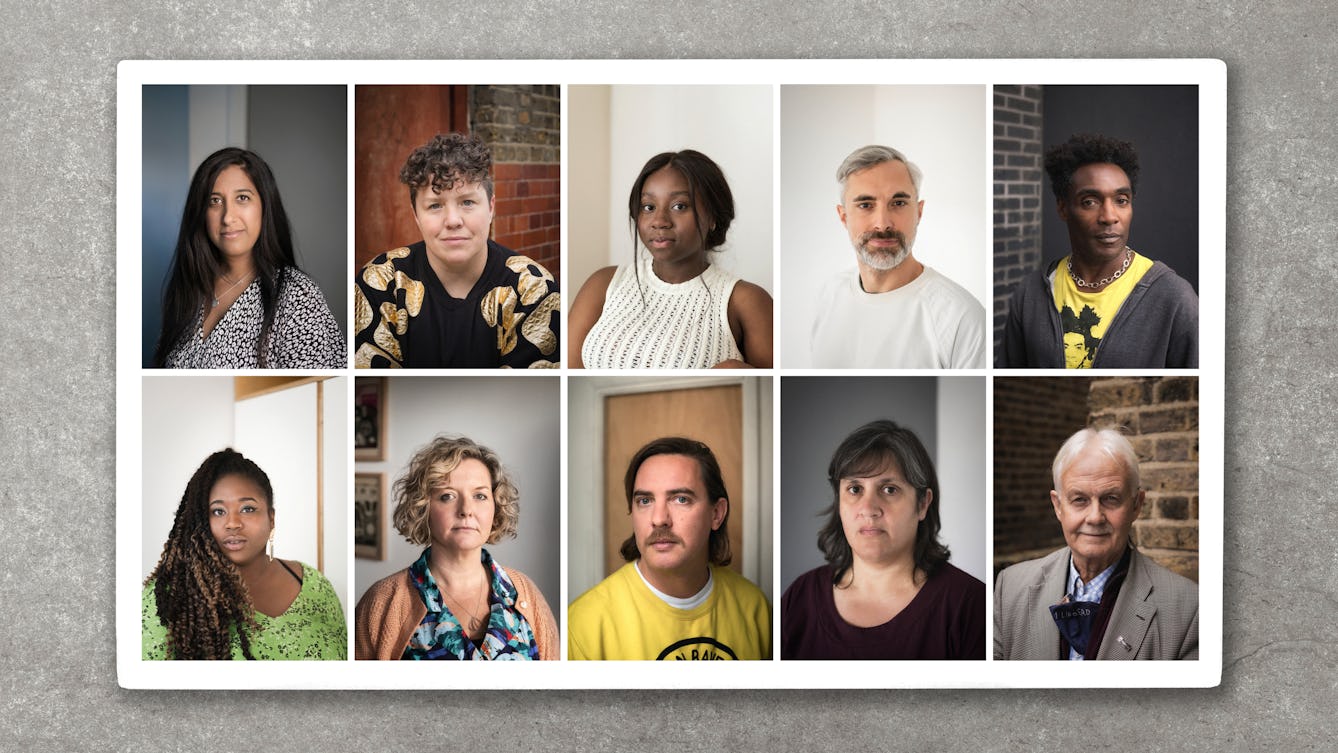
- Article
- Article
Care, creativity and a connected world
Find out about the challenges Wellcome Collection has faced during the last very demanding year.

- Podcast
- Podcast
Woodland
In this episode, JC delves into the contradictions in our relationship with woodlands, and explores different ways we can think about them, if we are to use and protect them more wisely.

- Article
- Article
Fake news and the flu
Discover how history shows that fake news could play a deadly role – by generating potentially lethal misinformation during a future pandemic.
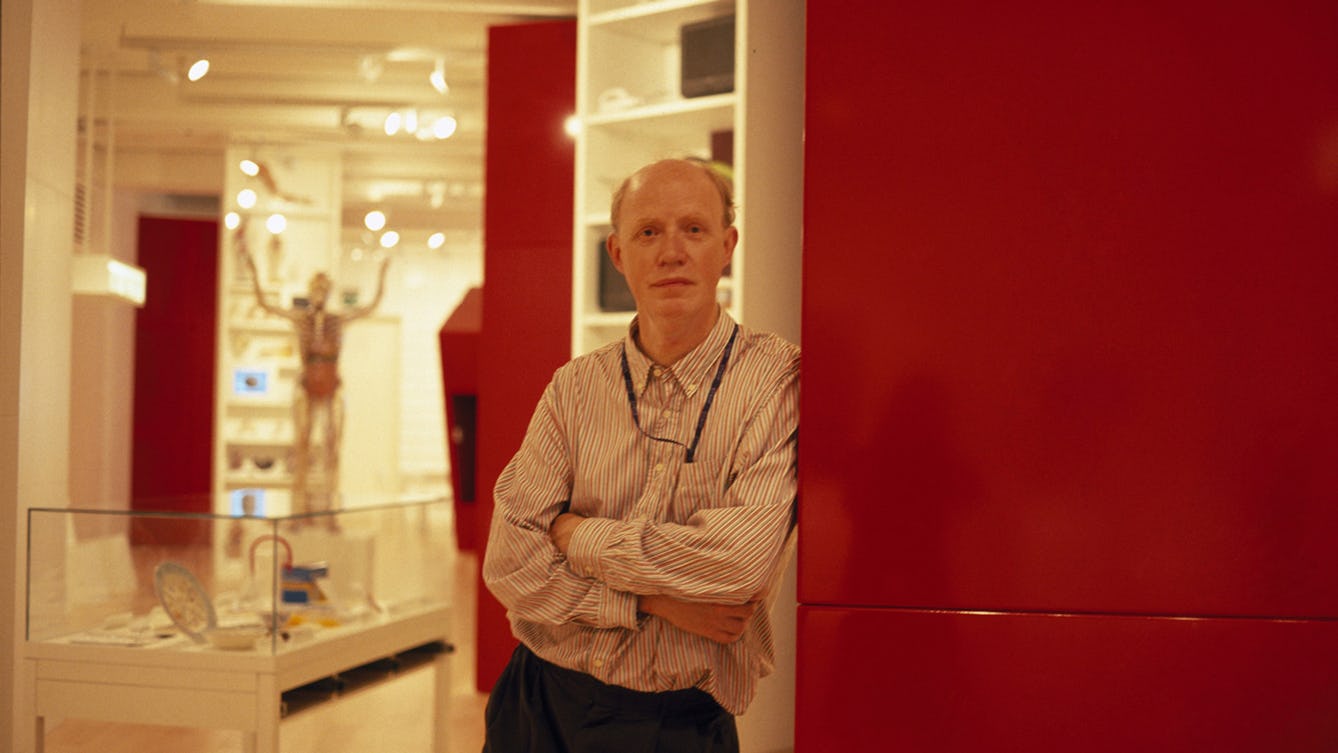
- Article
- Article
Ken’s ten: looking back at ten years of Wellcome Collection
Wellcome Collection founder Ken Arnold picks his favourite exhibits.